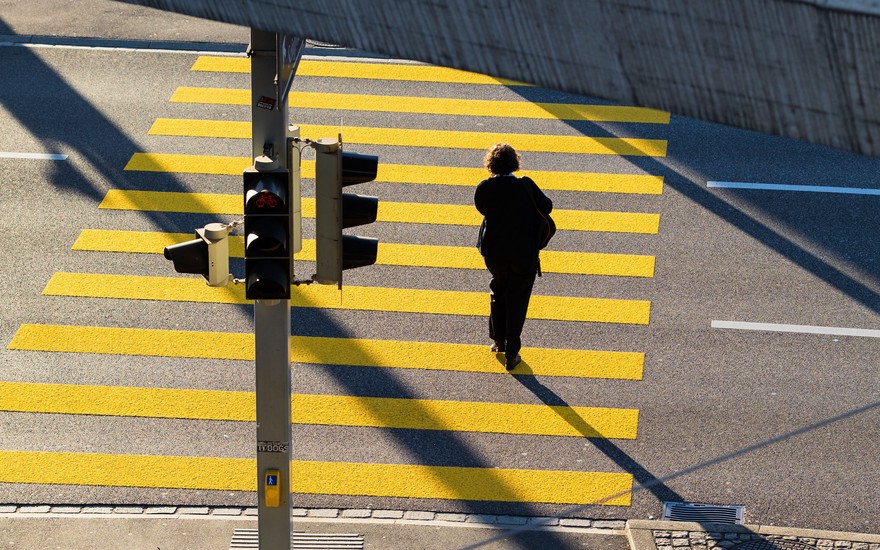
Look Both Ways When You Cross The Road
My kid crosses the road like an absolute lunatic.Since our recent re-entry into the civilised world, I’ve had to teach him about all sorts of new things. Crossing roads being one of them.
The way he does it is to step up to the edge of the pavement, look right, look left, look right, and look left again. Then he’ll rapidly whip his head side to side as if he is trying to shake something off: left, right, left, right, left, right - until he is surely close to passing out.
At the end of this he’ll shout “No cars!” as loud as he can, take aim at the opposing pavement and sprint across the road, eyes fixed on the target in a state of near panic.
He’ll run wildly across and leap to safety on the opposite side. He’ll land with a thud and declare “whew, that was close.”
Even though it is never ever close.
Now let me explain how both myself (guilty) and many of my students play chess exactly the same way my three-year-old crosses the road.
Free Trial Lesson | Ono Another Chess Podcast | Free Study Plan Template
Yeah But Did You Look?
Have you ever found yourself calculating a three- or four-move sequence, checking and double-checking it, spending fifteen minutes calculating, recalculating. Checking and double-checking.
Does it work?
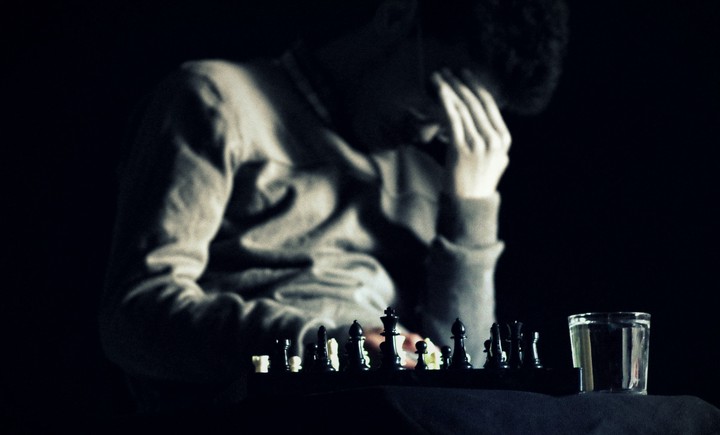
Finally, you are convinced. It works. You play out the combination. You make the first move and the second and the third and the fourth - you play it all out in a matter of seconds.
You reach the position one move away from the position you had calculated in your intense fifteen-minute deep think and to your horror you realise you can’t play that final move.
It’s that time in the game when all of a sudden, out of nowhere, you’re scratching your head, thinking: “Shit, I can’t recapture that pawn because my knight is pinned now that the f7 pawn is gone! How did I miss that?!”
We chess players like to say things like: “I missed they had Nb4” and “I didn’t see that the pawn was pinned”.
But I would like to challenge the phrases “I missed” and “I didn’t see”, because more often than not they can often be replaced by the words: “I didn’t look”.
Is That A Truck?
You can look all you want standing at one side of the road. But if you close your eyes when you step out, there is a good chance you’ll get flattened by an arctic truck that you couldn’t see nor hear coming from b2 in the initial position.

So you need to keep looking as you cross the road. You need to take time between each move that you believe you have already calculated, to look again.
Because each move is like a new step forward. We can see more. Our view is less obstructed by parked cars, the resulting position becomes easier to see the closer we get to it.
So the real problem is not re-checking and re-calculating sequences we have “already worked out” to see if there is anything we have missed or anything overlooked.
It’s that we stop looking, really looking, when we start playing.
Finding The Problem Isn't The Fix
If this sounds like you, great. Being able to admit you have a problem is a great asset to have as an improving chess player.
Only now, the hard work can begin.
In line with my coaching philosophy, identifying the error is only part one. Fixing it is much harder and where the real improvement lies.
We all know what we are doing wrong, but stopping ourselves from actually doing it is a whole other thing.
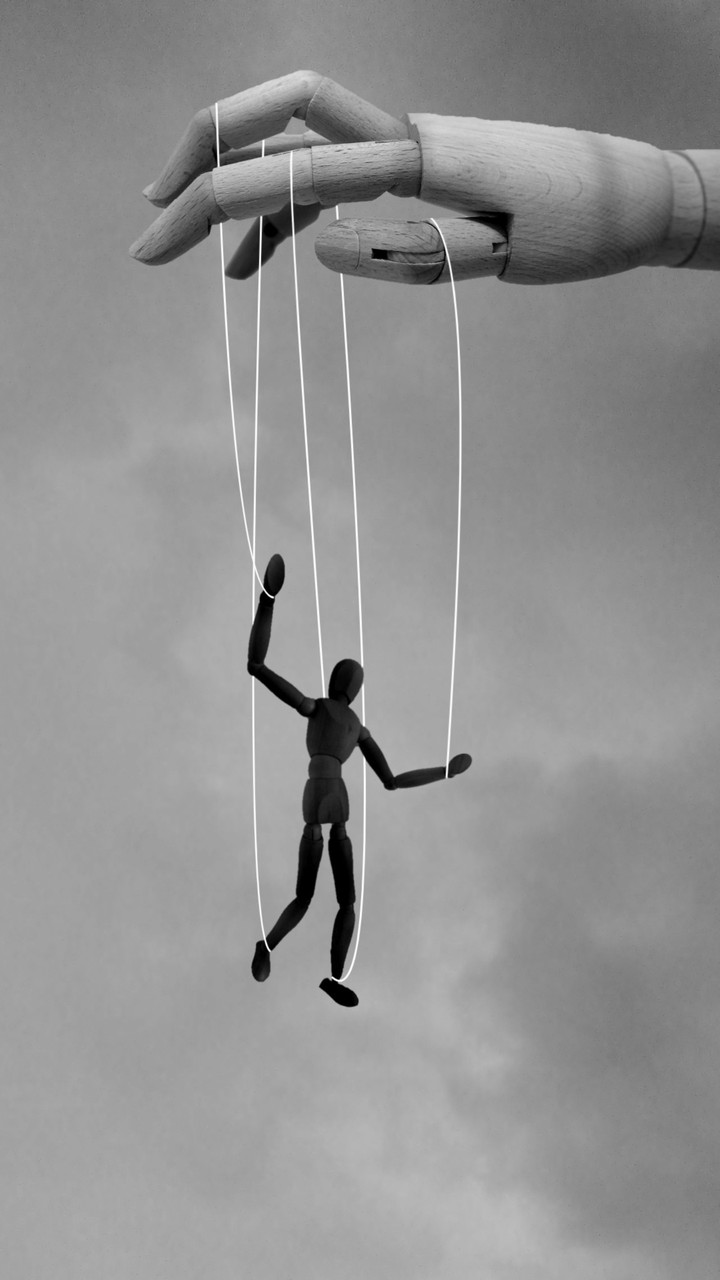
Both myself and many of my students have the exact same issue or tendency in our play. We have the same problem, but fixing it will be a totally different process for each of us.
The reason for this is that we usually all know what we are doing wrong (often immediately after we play a move).
But to fix the existing patterns of errors in our play, we need to understand why we are continuing to make these kinds of mistakes.
We share the what, but we rarely share the why.

Meaning: even if our mistakes look the same on the surface, the ice berg under the water causing the mistakes to pop up will be different for each of us.
The Worst Chess Move Ever Played
So why do I make this mistake when I know better?
I made a truly embarrassing error in one of my first OTB games. It is not a mistake I could ever have made if I took even half a minute to make the move.
You know how I made this move? I was pacing about the playing hall, feeling pretty arrogant about the tactic I had just uncorked. My opponent was suffering at the board, trying to work out what I believed I had already seen.
I’m wandering about the hall with my chest puffed out, thinking about my first sip of victory beer, unaware that I’m about to wipe my own arrogant grin off my face in about five minutes.
My opponent makes their move. I walk back to the board. I write his move down, play my response, hit the clock and walk away again.
I don’t even sit down. I hardly even glance at the board. I’ve gone back to strutting around unaware that my opponent hadn’t made the capture I had expected, and I’ve literally just given a piece away for a pawn in a totally inexplicable way.
I didn’t have to suffer yet - because I hadn’t noticed. I’m still oblivious. I’m still wandering around feeling like a champion.
My opponent went into a deep think, he is trying to work out the deep idea behind my maniacal sacrifice. Luckily for him there was no genius and he saw no ghosts.
I returned to the board a bit confused until I realised what I had done - what a melon I had made of myself.

After some introspection and a few other experiences not quite as bad, but pretty similar to the one described above (listen to my latest podcast episode to hear more about my first few OTB experiences), I worked out why I play these combinations so quickly.
It’s because of my massive ego.
I can’t help myself. I think I’m showing my opponent just how good I am.
I’m silently trying to say: “I’ve worked all this out four moves ago. I don’t even need to think. At least not about the game.”
In the midst of the combination being played out, the only thoughts I have time for are thoughts of whether or not I might be blood-related to Bobby Fisher, or whether or not I’ll become the fastest person ever to go from Adult Improver to Master.
At least, those were my surface thoughts, let's dive a bit deeper and take a look at what's going on below the water level.
The Enormous Ego Problem
My ego is a problem and it stems from my own insecurity that I am a terrible chess player.
That everyone in the chess club knows it. My opponent thinks I’m a fraud and you probably do, too - how can this guy teach chess?
All that insecurity leads to me feeling as if I have to project an outward confidence in my play, a confidence that doesn’t actually exist at all.
I care too much about what other people think of me.
This has been particularly true for me as the “new guy” in the chess club - a feeling of needing to prove myself to a room full of chess players who almost certainly do not give a fuck about me or my ability to play chess.
Same Problem, Different Game
In another recent OTB game I was aware of a tactical detail in the position. I had the possibility to sacrifice my queen for a rook in order to force through the promotion of a pawn into a new queen. It just wasn’t quite working.
And then my opponent made a mistake, and BOOM. The sacrifice worked.

So I played it. It took me to an endgame where I was up an exchange, but my opponent had two pawns for it. I was in a better position, but it was hard to win this endgame.
The opponent I then unknowingly faced, was my past self. The one who got overly excited about the tactical possibility and was, once again, trying to prove against all odds how brilliant they were at chess.
I was hyper focused on the queen sacrifice. And when it suddenly worked, I went for it - missing a vital and totally winning intermediate check that would have changed the endgame into my being up an exchange and having an extra bishop to boot.
But I didn’t see it, because I didn’t look.
Finding The Cause Is The Fix
Now you might play combinations too quickly for any number of reasons.
Maybe you get tired or lazy after the initial big calculation and can’t find the motivation to keep checking and double checking throughout the sequence.
Maybe you're afraid your initial calculation was wrong so you just close your eyes and hope it’ll work out.
Or maybe you're like me and you are insecure about your chess.
Whatever it is, finding out why you are doing things you already know are bad, is the key to improving in chess.

In my case, I needed to remind myself that I am not the centre of the universe, my opponent (and the rest of the chess club) aren’t judging me.
I know many people struggle to hold back from playing out a calculated, seemingly forced sequence quickly, believing there can be nothing we have missed.
But by giving yourself a bit of extra time to continue to look as you step out onto the road, you also give yourself the best chance of survival - and why would we not want that?
The other side becomes clearer with each step we take towards safety, so don’t close your eyes. Keep them open.
Invisible bishops, just like massive trucks out of the corner of your eye, are a real danger you don’t want to miss.
Know what you're doing wrong but need help working out why you keep doing it? Let me help you out in a free 1-hour trial lesson.
It's completely free and I prepare it especially for you based on your actual games, no one-size-fits-all approach.
Kindly note that I currently coach students rated <1100 FIDE or online equivalent (<1600 Lichess classical/rapid, <1300 chess.com rapid). I've specialised my coaching for Adult Improvers in this rating band, so if that's where you're at in your chess journey - go ahead and schedule a Zoom with me and we can take a look at your games together.
No matter your rating, from 3-digits to GM, you're welcome to come to the Adult Improver Zoom Hangout. The next one is this Friday, October 6th @1800 UTC. When you join TheOnoZone community, you're invited to these get-togethers with other chess-obsessed adults every other week. There's a free trial available on Patreon, so go ahead and try it out to see if you like it.
Grab your free Chess Study Plan Template here and here you can download the Wordy Chess Book List that I created for Adult Improvers who don't fully speak chess yet. Make sure you're on my list to receive news about my future blog posts, podcast episodes and other chess stuff by subscribing to my newsletter.
You can listen to new episodes of Ono Another Chess Podcast every other Friday. Listen to the first episode where I interview Chris Callahan (community manager of Lichess) and check out the second episode where I share about my OTB journey.
If you want to get in touch with me, please do so on your medium of choice: I have a contact form on my website www.theonozone.com, you can hit me up on Twitter, send me an email at info@theonozone.com, or message me right here on Lichess.
Many thanks to Patrons of TheOnoZone for their support: Marcus Buffett + Dan Bock + Dawn Lawson + Glen G + Mikey Wells + Michael Shpizner + Michael G + Karen W + Gregory C + BowiE + Yara V + Stefan K + Ché Martin + Andrew M + Ben Johnson.
This article was first published on www.TheOnoZone.com
More blog posts by TheOnoZone
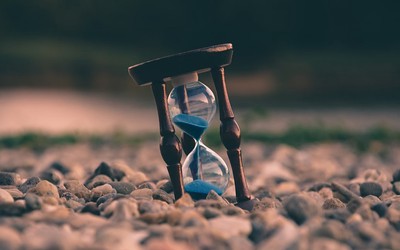
Adult Chess Clock
I used to say that nobody doesn’t have the time for something, they just don’t want to prioritise it.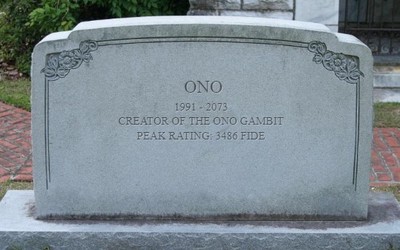
The Ono Gambit
I am getting older.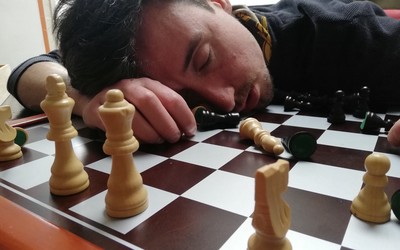
Losing Consciousness
It was game over.